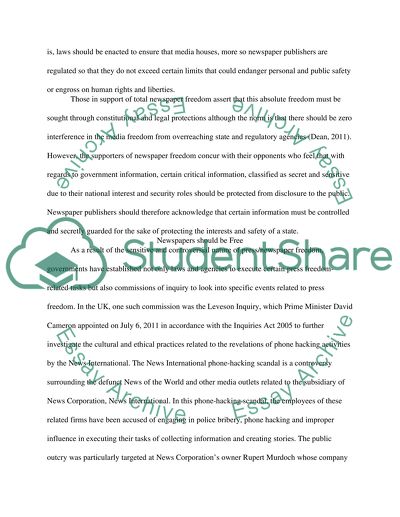Cite this document
(“Media Law and Ethics Essay Example | Topics and Well Written Essays - 1500 words”, n.d.)
Media Law and Ethics Essay Example | Topics and Well Written Essays - 1500 words. Retrieved from https://studentshare.org/journalism-communication/1454976-media-law-and-ethics
Media Law and Ethics Essay Example | Topics and Well Written Essays - 1500 words. Retrieved from https://studentshare.org/journalism-communication/1454976-media-law-and-ethics
(Media Law and Ethics Essay Example | Topics and Well Written Essays - 1500 Words)
Media Law and Ethics Essay Example | Topics and Well Written Essays - 1500 Words. https://studentshare.org/journalism-communication/1454976-media-law-and-ethics.
Media Law and Ethics Essay Example | Topics and Well Written Essays - 1500 Words. https://studentshare.org/journalism-communication/1454976-media-law-and-ethics.
“Media Law and Ethics Essay Example | Topics and Well Written Essays - 1500 Words”, n.d. https://studentshare.org/journalism-communication/1454976-media-law-and-ethics.


